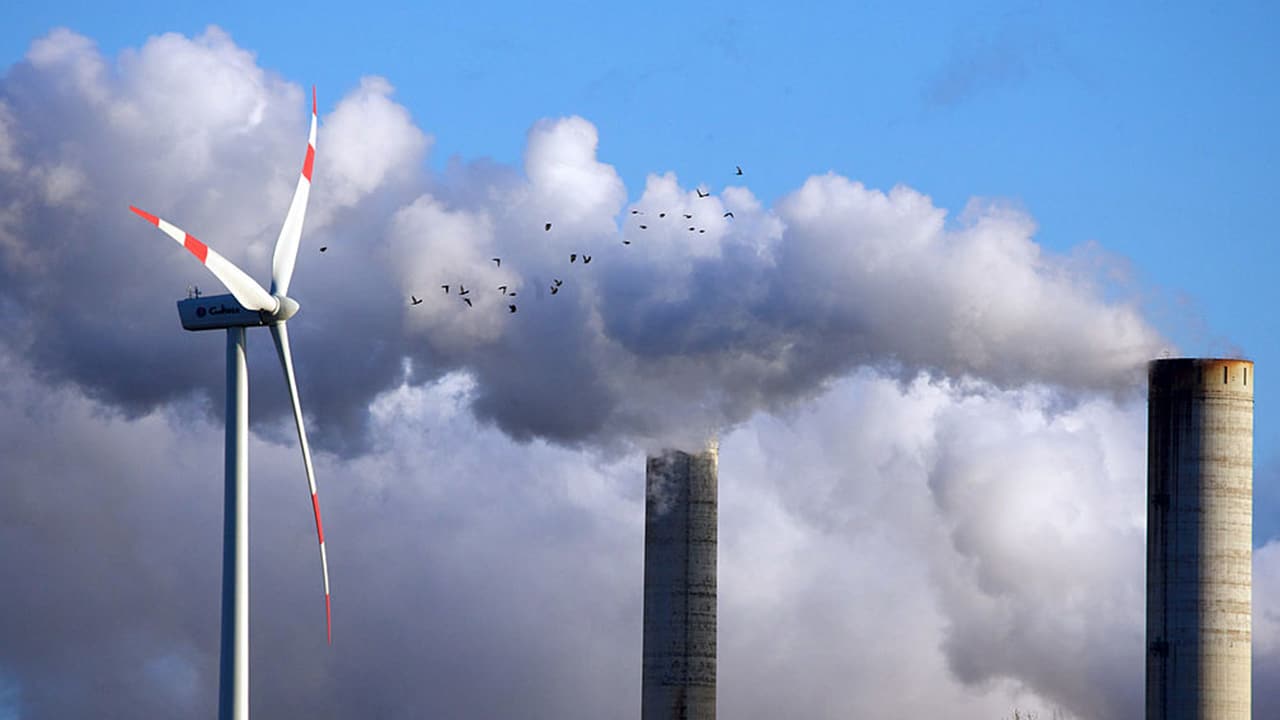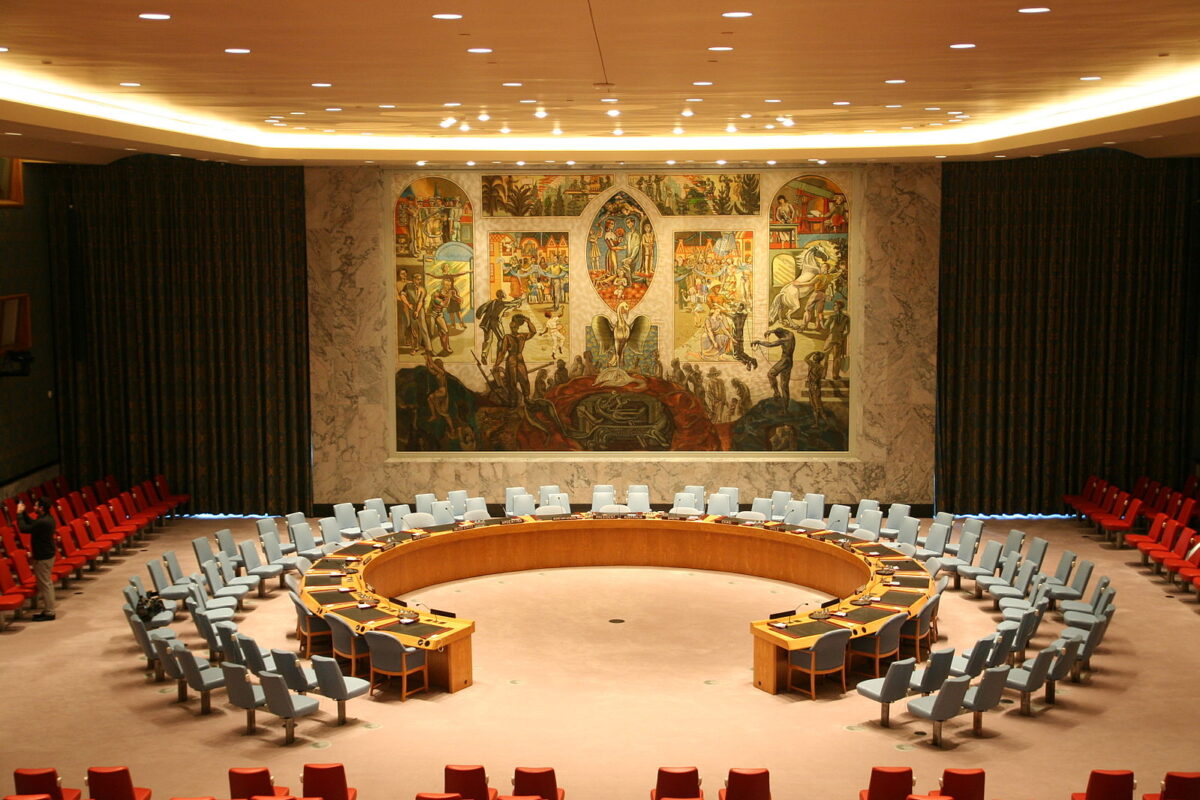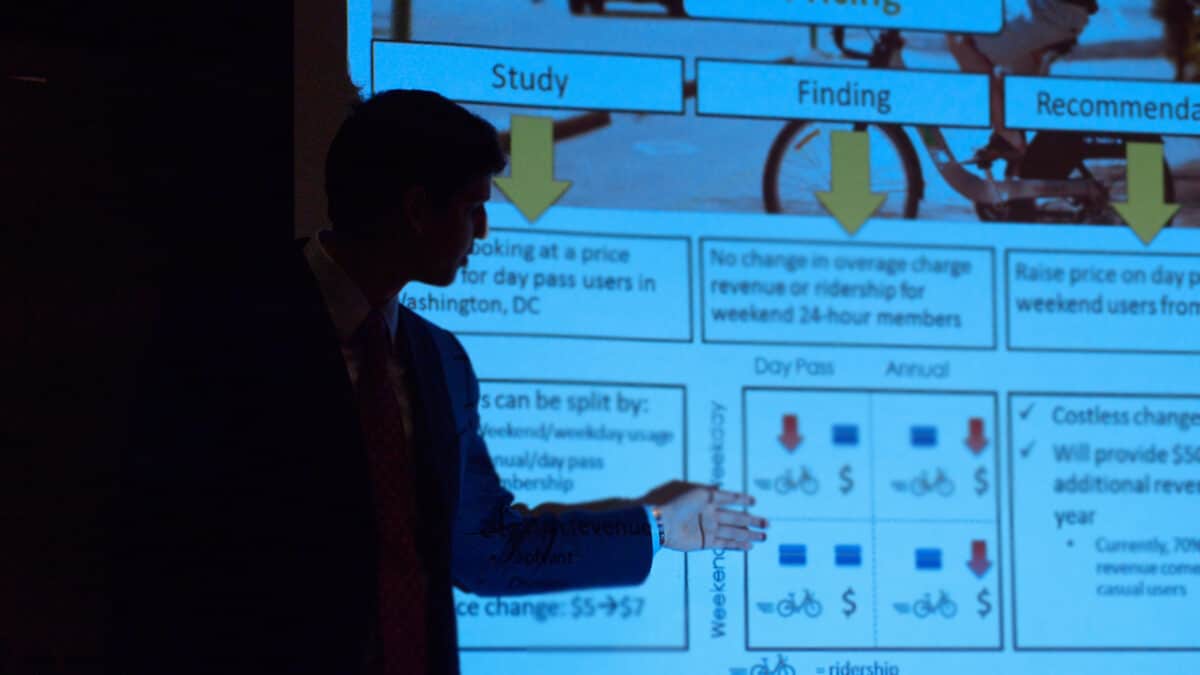
Environment and Energy
How can governments create environmentally sustainable energy policies that are feasible technologically and politically? How can policymakers best navigate the tensions between science and politics?
Latest Article

Kazakhstan’s Nuclear Ambitions: A Path to Sovereignty or Dependency?
"Kazakh President Kassym-Jomart Tokayev, a key supporter of this initiative, sees nuclear energy as a pathway to securing Kazakhstan’s long-term stability and energy independence. Yet a critical question remains: Will this decision bolster the country’s energy sovereignty or will it expose it to new vulnerabilities?"Explore all Articles
filter by–Region
filter by–Country
search by–Keyword

A Growth-Driven Paradigm Shift: Rethinking Climate Partnerships Between the Global North & South
11.11.24
To meet our aggressive climate targets and combat climate change, the Global North must adopt a financing strategy that genuinely aligns with the Global South’s needs, which are rooted in economic growth and prosperity.

The Environmental Justice Movement Has Been Around for Longer than You Think. Many of Its Lessons Have Been Lost.
05.8.24
Proposed government solutions to mitigating the effects of climate change have systematically excluded the people it effects the most. A solution that centers climate changes’ effect on people must better acknowledge the historical harm that has been done for real restoration to occur.

Interview with the former Indonesian Minister of Trade Gita Wirjawan: Southeast Asia’s Future
05.8.24
On April 23, 2024, HKS Student Policy Review Senior Editor John McQuillan spoke with former Indonesian Minister of Trade Gita Wirjawan. The conversation focused on a range of topics related to the future of Indonesia and Southeast Asia.

Can Collaboration Between Two Regions Rich in Fossil Fuels Lead to Development in the Renewable Energy Sector?
04.29.24
The economic diversification goals of the Arab Gulf, combined with the high potential for renewable energy development in Central Asia, have led two regions that have been closely associated with fossil fuel extraction to collaborate on the advancement of renewable energy production.

Citgo at a Crossroad: Venezuela’s Oil Socialism Comes to Roost
04.15.24
Looking to the future, a democratic Venezuela should unleash its animal spirits and open the country’s mineral wealth to foreign direct investment without national ownership requirements. Privatization and economic liberalization are essential to secure the $58 billion needed to restore crude output to pre-oil socialism levels.

Growing Beyond Growth: Can We Really Have It All?
04.6.24
Amidst the climate predicament, from the undercurrents of politics, academia, and advocacy, the long-overlooked idea of “degrowth” is surfacing. It provides a vision for economic prosperity, human well-being, and environmental sustainability.

From the Margins: How Gender and Kitchens Got Sidetracked in the Energy Debate
02.9.24
Disproportionately affecting women, lack of access to clean fuels for cooking leads to 3.7 million untimely deaths annually from household air pollution.

Interview with Former Colombian President Juan Manuel Santos
11.15.23
On November 13, 2023, HKS Student Policy Review Senior Editor Jane Petersen spoke with former Colombian President Juan Manuel Santos. The conversation covered a range of topics including what other countries can learn from Colombia’s peace agreement, poverty alleviation efforts, and the fight against climate change.

What Carbon Market Debates are Missing
07.18.23
Carbon markets can be understood as a three-legged stool on which part of our climate goals rests; if one of the legs is missing, the stool falls. Unfortunately, today’s carbon market debates focus on two of those three legs whilst ignoring the other.

The Importance of Aggregate Climate Data for Global Climate Progress From Emerging Economies
06.28.23
Harmonized data lies at the heart of the climate agenda, but do we pay enough attention to the development of the figures that we see? Do we ever question how the figures are calculated?

The Future of Food in Latin America: Embracing Insect Protein
06.21.23
Alternative protein sources, such as insects, have emerged as promising solutions that could help reduce the environmental impact of food production while providing a nutritious and accessible protein source.

Global Governance, Climate Change, and International Security: Aligning Issues to Compel Action
06.17.23
Failure to recognize and manage the nexus of the relationship between climate and security could have significant ramifications in the future between and within countries and communities. Without considering these, efforts to promote sustainable development and peace may fall short.



